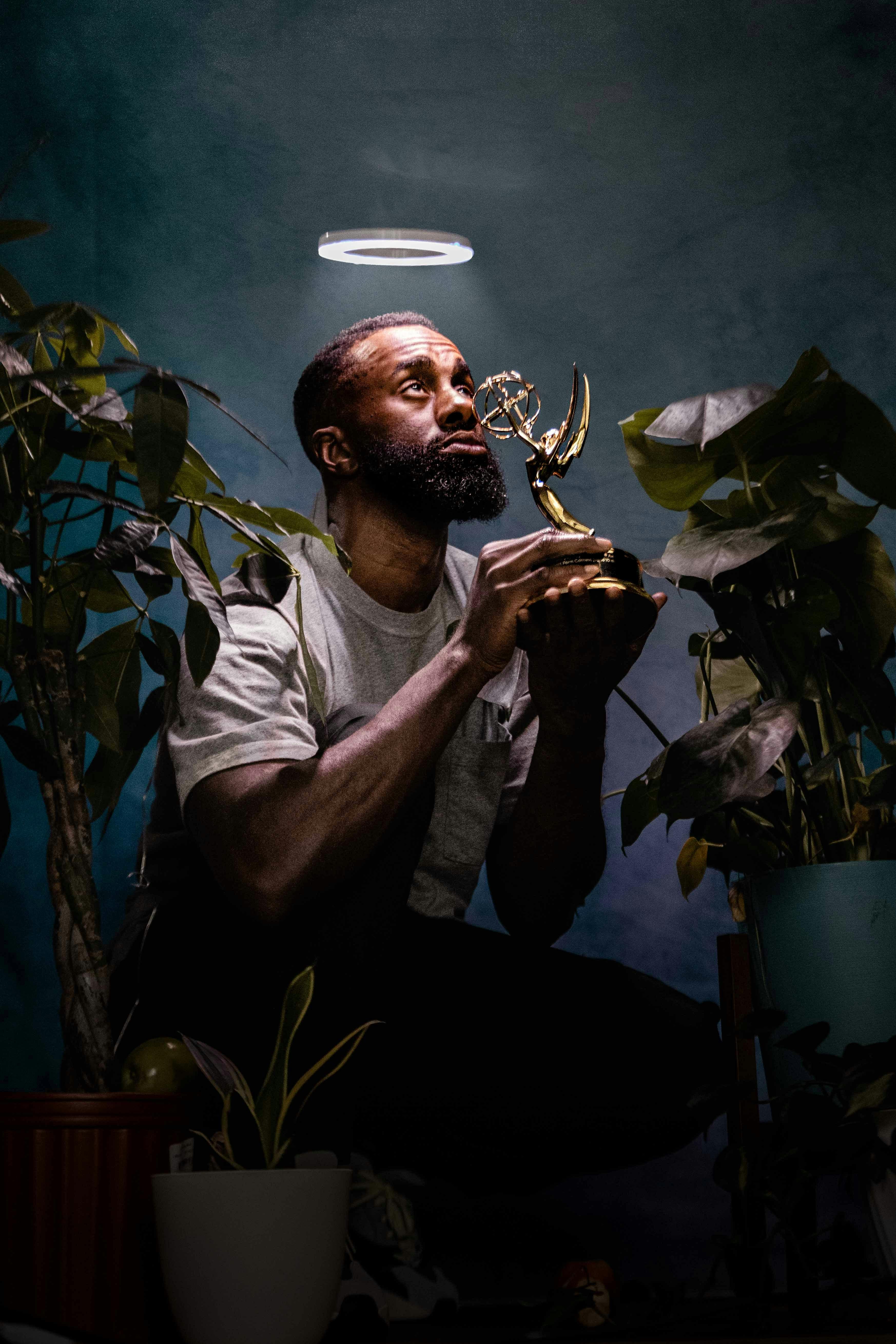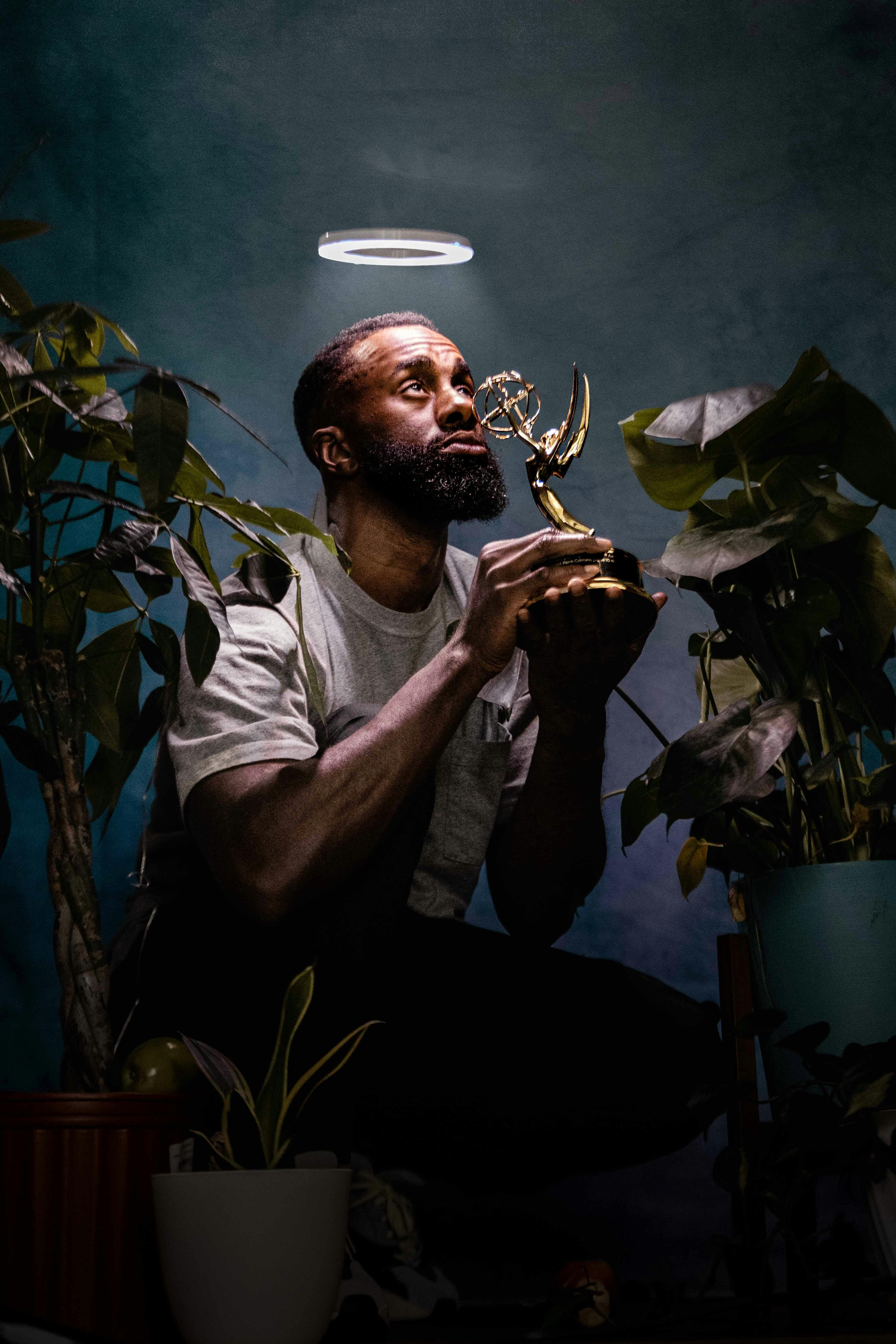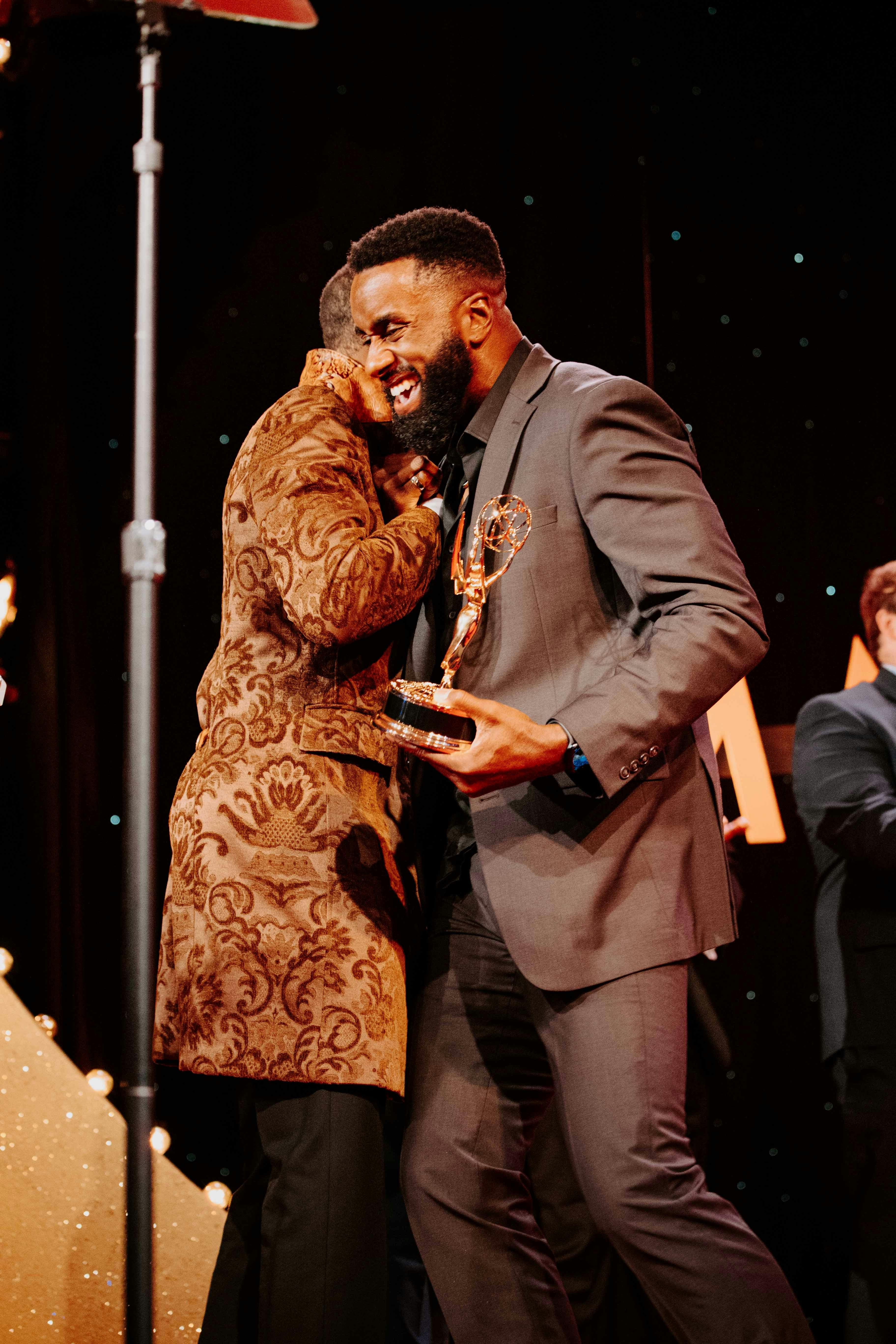Each year, the snubs-and-upsets-at-the-emmys/” title=”The most surprising snubs and upsets at the Emmys”>Emmy Awards serve as a pinnacle of recognition for excellence in television, celebrating the achievements of actors, writers, directors, and production teams. Yet, with the release of nominations inevitably comes the discourse surrounding those who were overlooked—performers and creators whose contributions, many argue, deserved acknowledgment. This analysis delves into the most significant snubs of the recent Emmy nominations, examining the potential reasons behind these omissions and the impact they have on both the industry and the viewing audience. By exploring these notable exclusions, we aim to shed light on the complexities of the nomination process and the diverse range of talent that, despite being unrecognized, continues to shape the television landscape.
Overlooked Performances: Examining the Unrecognized Talent
In a year overflowing with exceptional television, some truly remarkable performances have flown under the radar, overshadowed by more prominent names. Merritt Wever delivered a nuanced portrayal in “Run,” crafting a character both vulnerable and resilient. Her ability to convey complex emotions with subtlety and depth should have earned her a spot among the nominees. Similarly, Aunjanue Ellis in “Lovecraft Country” brought an intensity and authenticity that anchored the fantastical elements of the show, a feat deserving of more recognition.
- Michael Dorman in “For All Mankind” – His portrayal of a conflicted astronaut grappling with personal and professional turmoil was nothing short of compelling.
- Rhea Seehorn in “Better Call Saul” – Continues to be a glaring omission, as her complex and layered performance consistently elevates the series.
- Jurnee Smollett in “Lovecraft Country” – A powerhouse of emotion and strength, she delivered one of the year’s most unforgettable performances.
These artists, through their dedication and skill, have contributed significantly to the tapestry of modern television. Their work, although unrecognized by the Emmys, resonates deeply with audiences and critics alike, deserving of our acknowledgment and appreciation.

Breaking Down the Surprising Omissions in Major Categories
- Outstanding Drama Series: Many fans were taken aback by the exclusion of “Yellowjackets,” a show that expertly weaves suspense with psychological depth. Its intricate storytelling and compelling character arcs seemed to make it a shoo-in for a nomination. However, it was surprisingly overlooked, sparking debates about whether the Academy is hesitant to embrace unconventional narratives that defy traditional genre boundaries.
- Outstanding Lead Actress in a Comedy Series: The absence of Natasha Lyonne for her role in “Russian Doll” raised eyebrows among critics and audiences alike. Lyonne’s performance was lauded for its unique blend of humor and existential reflection, qualities that resonate with a modern audience seeking more than just laughs from their comedic content. Her omission suggests a potential disconnect between what viewers find groundbreaking and what the Academy deems worthy of recognition.

Insights into the Industrys Selection Process and Its Impact
The Emmys’ selection process is often shrouded in a veil of mystery, leading to significant debate each year over who makes the cut and who is left in the shadows. The intricate layers of the process, which include eligibility criteria, peer voting, and the complex dynamics of network campaigning, can often result in unexpected outcomes. As industry insiders reveal, the balance between artistic merit and strategic lobbying can skew the spotlight, leaving deserving contenders overlooked.
Key Factors Influencing the Selection Process:
- Peer Voting Dynamics: The reliance on peer voting can create echo chambers, where familiar names and previous winners dominate ballots, often sidelining innovative newcomers.
- Network Campaigns: Aggressive marketing by networks and streaming platforms can disproportionately sway voters, sometimes prioritizing visibility over quality.
- Genre Bias: Certain genres, such as comedy or sci-fi, may face biases, where traditional dramas are favored, limiting the diversity of nominations.
The impact of these factors is profound, shaping not only the careers of individual artists but also influencing industry trends and the kinds of stories that get told. By understanding the intricacies of the Emmys’ selection process, one can better appreciate the broader implications of these annual snubs.
Recommendations for Future Emmy Considerations and Inclusivity
- Expand the Voter Base: To ensure a more inclusive and representative selection of nominees, it’s crucial to expand the voter base to include more diverse voices from various backgrounds and industries. This would help in recognizing a broader range of talent and stories that reflect the diversity of audiences today.
- Reassess Category Definitions: Consider redefining or expanding categories to better capture the evolving landscape of television. This could involve creating new categories for emerging formats or genres that are currently underrepresented, thus providing a platform for unique voices and stories.
- Prioritize Storytelling Diversity: Encourage and prioritize nominations that celebrate diverse storytelling. This means actively seeking out shows that highlight underrepresented communities, cultures, and perspectives, ensuring they are given equal consideration in the nomination process.
- Transparent Voting Process: Increasing transparency in the voting process could help build trust and accountability. Providing insights into how decisions are made and who is involved could demystify the process and encourage a fairer selection of nominees.
- Engage in Continuous Dialogue: Establish regular discussions and feedback sessions with industry professionals and audiences to understand evolving expectations and perceptions. This ongoing dialogue can guide future decisions and adjustments in the nomination process.
